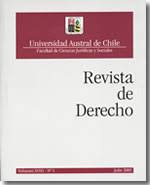Prisoner disenfranchisement policy: a threat to democracy?
Main Article Content
Abstract
The right to vote is one of the fundamental principles of democracy. However, full suffrage of the adult population has not been realized in many present-day democracies. Internationally, millions of prisoners (and ex-offenders in some nations) are disenfranchised. Being excluded from the civic process is a threat to democracy. In this article, I argue that removing a prisoner’s right to vote can lead to inequality and injustice that is counter to democratic ideals. By contrast, enfranchisement of prisoners can promote their rehabilitation and social reintegration, and can have a real impact on the political climate of a nation. I also discuss the arguments for and against prisoner disenfranchisement, explore public opinion on this issue, and track recent legislative changes to disenfranchisement policy internationally. Areas for future psychological inquiry are highlighted.

